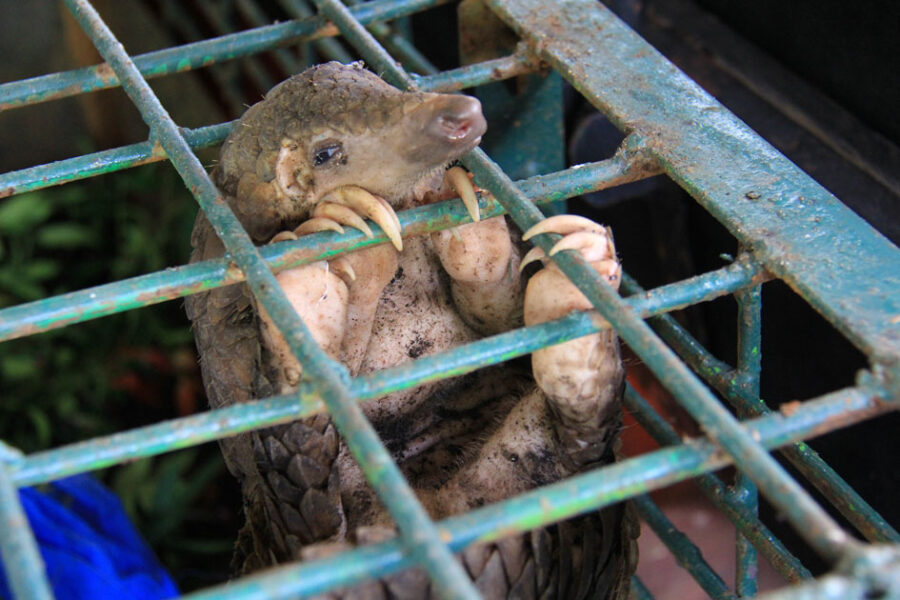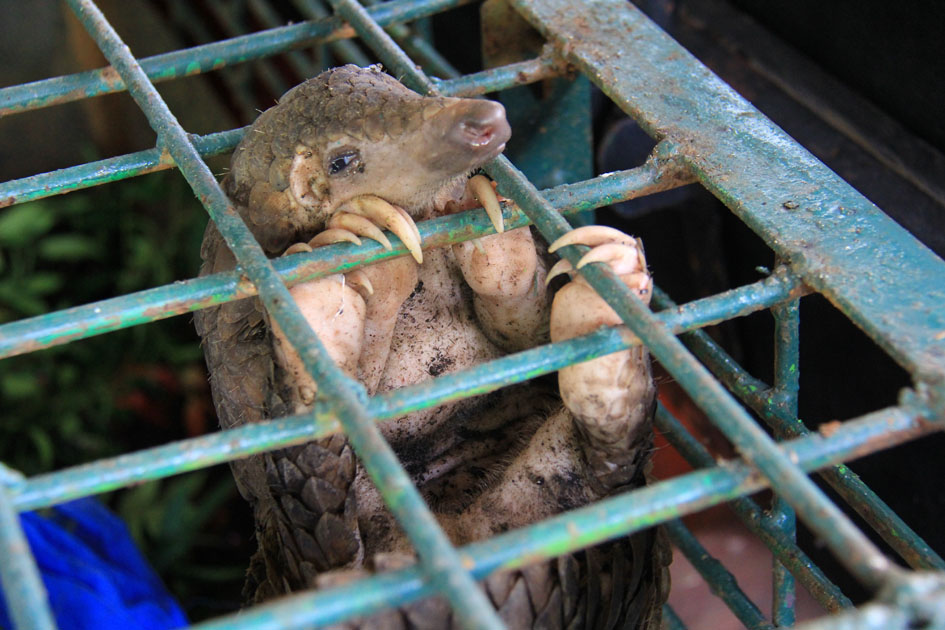
WHO Calls For End to Sale of Wild Mammals at Food Markets
The World Health Organisation (WHO) has urged a halt on the sale of live wild mammals in food markets, to prevent new diseases like COVID-19. The WHO said the banning could protect the health of both market workers and customers. In a guidance issued by WHO, together with the World Organisation for Animal Health and […]

The World Health Organisation (WHO) has urged a halt on the sale of live wild mammals in food markets, to prevent new diseases like COVID-19.
The WHO said the banning could protect the health of both market workers and customers. In a guidance issued by WHO, together with the World Organisation for Animal Health and the United National Environment Programme, it recalled that the earliest known Covid-19 patients were stall owners, employees and regular visitors to a traditional food market in Wuhan, China.
“Animals, particularly wild animals, are the source of more than 70 percent of all emerging infectious diseases in humans, many of which are caused by novel viruses. Wild mammals, in particular, pose a risk for the emergence of new diseases,” said the guidance.
World Animal Protection (WAP) says it welcomes the move from the WHO, following a joint letter submitted by over 339 NGO’s last year calling for permanent ban on live wildlife markets. Clearly, the call to action is being effected, said WAP.
Gilbert Sape, Global Head of Campaign, World Animal Protection said:
“Capturing and keeping wild animals in cramped and squalid conditions in bustling food markets is not only cruel – it also creates dangerous environments that act as hotbeds for emerging infectious diseases.
“The WHO are right to call for a halt on the sale of wild animals in food markets, and this is echoed by hundreds of wildlife organisations and experts that made this appeal last year. But more action must be taken urgently.
“Our best hope is for definitive coordinated actions, by key decision makers like the G20, to endorse and implement a global wildlife trade ban to end this cruel trade, and to help prevent devastating future zoonotic pandemics like COVID-19 happening again.”
